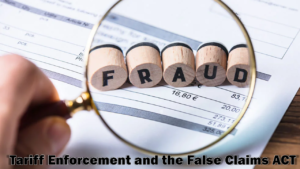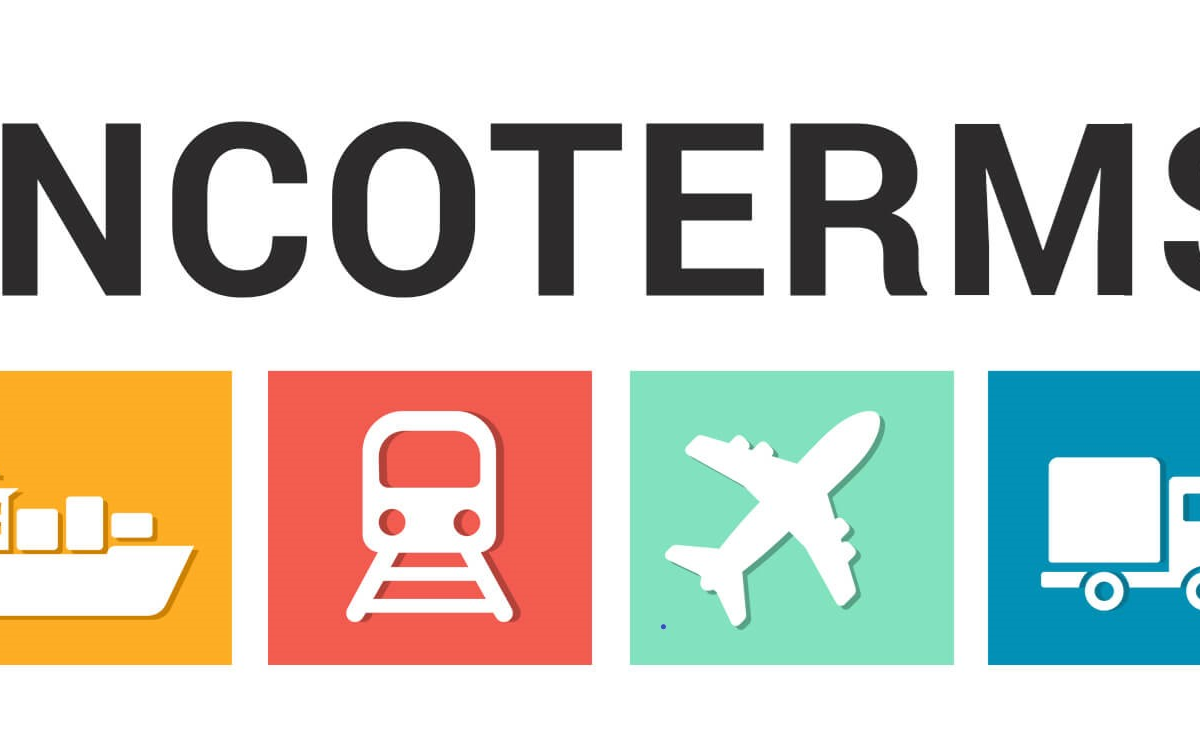Avoiding FCA Violations: Key Compliance Risks for Businesses
Businesses today face increasing risks related to False Claims Act (FCA) violations, compliance risks, and financial penalties. Whether you’re a government contractor, an importer dealing with tariff compliance and customs fraud, or a company managing supply chain integrity, missteps can lead to legal penalties, criminal prosecution, and reputational damage.
Understanding how the False Claims Act (FCA) affects different industries—and how to prevent violations—can help companies avoid statutory fines and government contract debarment. Let’s explore key areas where businesses must prioritize regulatory compliance, ensuring accuracy in financial reporting, trade regulations, and certification fraud prevention.
False Claims Act (FCA) and Financial Reporting Errors
For government contractors and grant recipients, compliance risks associated with the False Claims Act (FCA) are significant. This law punishes companies that submit false financial reporting or misrepresent costs.
One major issue is financial reporting errors that trigger treble damages, meaning violators must pay three times the amount falsely claimed. In addition to financial penalties, businesses risk government contract debarment and legal penalties under the False Claims Act (FCA).
To avoid False Claims Act (FCA) violations:
- Conduct internal audits to catch errors in financial reporting.
- Train employees on compliance risks associated with statutory fines.
- Verify documentation accuracy before submitting reports to government agencies.
Tariff Compliance and Customs Fraud Risks
Businesses engaged in international trade must pay close attention to tariff compliance regulations. Missteps in customs fraud—such as incorrect tariff classifications—can lead to criminal prosecution, legal penalties, and reputational damage.
Importers relying on Chinese suppliers for tariff classifications must be cautious. Under Delivered Duty Paid (DDP) terms, the buyer assumes full legal responsibility for correct tariff classifications. Companies caught in customs fraud face statutory fines, criminal prosecution, and government contract debarment.
To stay compliant:
- Verify tariff classifications independently to reduce customs fraud risks.
- Consult trade attorneys or customs brokers for regulatory compliance.
- Keep accurate records to prove compliance risks were mitigated.
Supply Chain Integrity and Certification Fraud
Ensuring supply chain integrity is essential for businesses handling certification fraud issues, especially those related to Forest Stewardship Council (FSC) certification. Companies making false sustainability claims risk reputational damage and legal penalties.
Some businesses falsely advertise materials as FSC-certified even when they don’t meet industry standards. Misrepresentations lead to compliance risks, financial penalties, and government contract debarment.
To strengthen supply chain integrity:
- Conduct independent audits to verify FSC certification claims.
- Implement traceability systems for regulatory compliance.
- Educate suppliers on certification standards to avoid certification fraud.
Understanding the Intersection of Tariff Enforcement and the False Claims Act
The Trump administration’s trade policies, characterized by increased tariffs, have heightened the risk of FCA compliance issues for businesses engaged in international trade. The FCA has become a critical tool for addressing customs fraud, particularly concerning tariff evasion.
Tariff evasion can trigger FCA liability in several ways:
- Misrepresenting a product’s country of origin
- Undervaluing imported goods
- Misclassifying products to qualify for lower tariff rates
Companies found violating the FCA through tariff evasion face:
- Treble damages (three times the amount of the fraud)
- Substantial civil penalties
- Potential criminal charges in severe cases
The Role of Whistleblowers and Increased Enforcement
The FCA empowers whistleblowers to file qui tam lawsuits on behalf of the government, incentivizing insiders to report non-compliance. Recent years have seen a surge in such actions, with whistleblowers playing a pivotal role in uncovering customs fraud. The Department of Justice (DOJ) has also signaled a renewed focus on enforcing the FCA in the context of international trade, further underscoring the importance of compliance.
TradeFlex’s Commitment to Compliance and Risk Mitigation
In this complex regulatory environment, TradeFlex stands out not merely as a service provider but as a strategic partner dedicated to ensuring compliance and mitigating risks. Our expertise in tariff engineering, supply chain integrity, and regulatory compliance positions us to guide clients through the intricacies of international trade laws.
By proactively addressing potential compliance issues—such as verifying tariff classifications, ensuring accurate country-of-origin declarations, and conducting internal audits—TradeFlex helps businesses avoid the pitfalls of FCA violations. Our commitment to legal adherence and accountability ensures that our clients can navigate global trade confidently and sustainably.
TradeFlex: Beyond Solutions—A Commitment to Legal Integrity and Accountability
At TradeFlex, we pride ourselves not only on delivering top-tier services but also on being steadfast advisors in legal compliance and accountability. Our dedication goes beyond providing solutions; we are committed to guiding our clients through the complexities of international trade laws to ensure sustainable and lawful business practices.
Conclusion
The intersection of tariff enforcement and the False Claims Act presents significant challenges for businesses engaged in international trade. However, with vigilant compliance practices and strategic partnerships, these challenges can be effectively managed. TradeFlex is dedicated to being that trusted partner, providing not only solutions but also steadfast guidance rooted in legal compliance and accountability.




